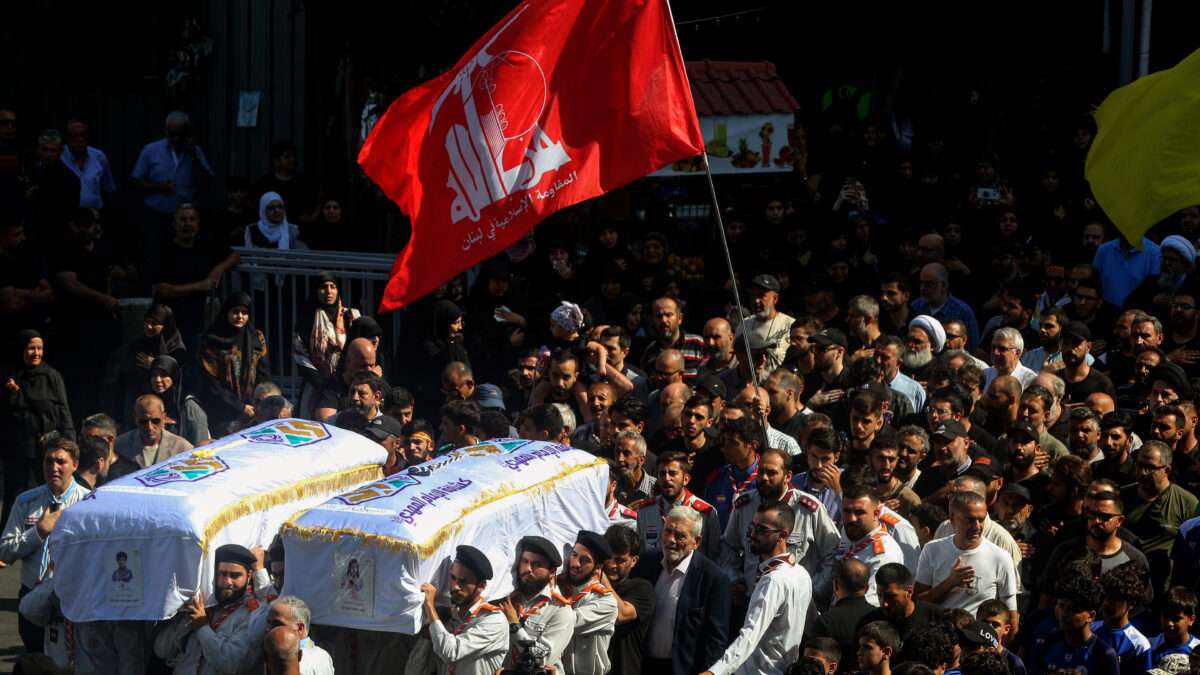Alan Wake 2: A Terrifying Survival Horror
Alan Wake 2 pushes forward its predecessor's menacing atmosphere by venturing deep into survival horror's terrifying depths, offering players an exhilarating, yet terrifying, journey through its macabre landscapes. Alan Wake 2 is a survival horror game that ranks best at storytelling and atmospheric horror, taking players beyond mere creepiness into its depths of horror! By far, Alan Wake 2 is one of the scariest horror games available now!
FMV and In-Game Mastery in Concert: An Artful Symbiosis
Alan Wake 2 achieves an unprecedented balance by artfully merging Full Motion Video (FMV) and in-game content into an artful symbiosis. more than simply a random juxtaposition, this dance includes live-action sequences and interactive gameplay combined into an exquisite visual feast. Alan Wake 2 was designed to survive time, I'll say an iconic video game made for players who buy PS5 horror games more than anything. The symbiosis between the narrative power and FMV is complete, and the result is a realistic experience (I don't even know how to name it, but you get the gist - it feels alive).
FMV breathes life into characters by giving an uncanny realism that blurs virtual and tangible realities - this is why it feels alive/realistic (and I know, it sounds odd to use "realistic" in a game with supernatural beings). When you buy cheap PS5 games, you do not get the kind of FMV and storytelling Alan Wake 2 offers (nor gameplay, characters, or atmosphere for that matter). Alan Wake 2, more than anything, creates an unforgettable emotional experience (in the sense that it immerses you and convinces you) through haunting imagery combined with interactive elements coexisting in perfect harmony evoking emotions long after the controller has been put down!
Alan Wake 2 vs. Resident Evil 7: Biohazard: Crafting Horror from Different Dimensions
I would like to compare Alan Wake 2 with Resident Evil 7: Biohazard to detect their distinct approaches to horror because they seem similar but there are nuances. Resident Evil 7, with its immersive first-person horror and atmospheric tension, finds an unlikely partner in Alan Wake 2, which features third-person survival horror gameplay. This aspect elevates the horror experience to another level.
Resident Evil 7 immerses players in an oppressively-confined mansion while Alan Wake 2 offers expansive environments requiring careful navigation and strategic thought. If I had to choose, I would buy Alan Wake 2. Both games excel in inducing fear, but Alan Wake 2 stands apart with its distinctive take on survival horror coupled with its outstanding presentation - making an indelible mark on the horror gaming landscape.
Unconventional Mind Bender
Alan Wake 2, in a way, a detective sim video game, deviates from convention (of action survival horror games) with its puzzle-solving mechanics forging new paths in intellectual challenge. Some puzzles are not that good and many would not be into puzzle-kind of gaming, however, Alan Wake 2 finds a way to provoke players and keep them engaged. It seems a cerebral dance where puzzles become part of Alan Wake's dark ballet; these challenges require not just strategic thought, but force players to immersion into its unique universe! Puzzle-solving becomes art and serves a purpose in Alan Wake 2, offering players a tantalizing taste of something unconventional amidst horror!
Conclusion: Alan Wake 2 - A Haunting Experience
Alan Wake 2 turns survival horror into an art form: an alluring dance of shadows and narrative intricacies that captures players' attention with its dark embrace. Boasting an unparalleled blend of FMV/in-game mastery, spectacular environments, innovative puzzle-solving mechanics, and storytelling mish-mash, Alan Wake 2 stands as an outstanding title in today's ever-evolving landscape of horror gaming - it offers up something truly original while appealing to braver souls looking into its depths of darkness! It's more than a sequel; Alan Wake 2 offers up something truly unforgettable: it beckons players deeper into its darkness!










